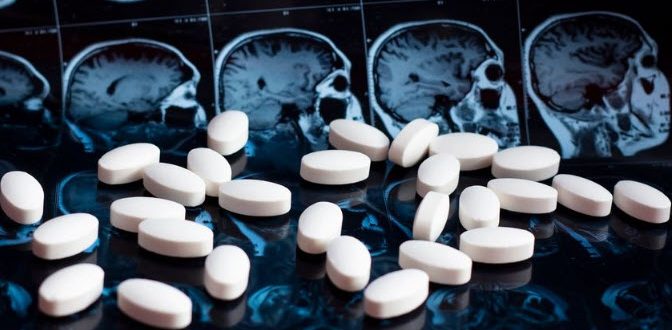Nature still hides numerous ingenious solutions. DMT, or dimethyltryptamine is a natural psychoactive molecule found in many plants and mammals. According to an article published in Science Advances, DMT was found to reduce the harmful effects of stroke in animal models and cell culture experiments. The study was authored by Hungarianresearchers from the HUN-REN BRC Institute of Biophysics and Semmelweis University Heart and Vascular Centre.
DMT is also present in the human brain, and it is currently undergoing clinical trials to aid recovery of brain function after stroke. However, its exact mechanism of action had not been fully understood until now.
According to the authors of the study, the research teams found that DMT significantly reduced infarct volume and edema formation in a rat stroke model. In both animal experiments and cell culture models, DMT treatment restored the structure and function of the damaged blood-brain barrier and improved the function of astroglial cells. Furthermore, the psychoactive compound inhibited the production of inflammatory cytokines in brain endothelial cells and peripheral immune cells, while reduced the activation of brain microglia cells through Sigma-1 receptors.
The therapeutic options currently available for stroke are very limited. The dual action of DMT, protecting the blood-brain barrier while reducing brain inflammation, offers a novel, complex approach that could complement existing treatments.
Since current stroke therapies do not always result in full recovery, a DMT-based treatment may represent a promising new alternative, mainly in combination with existing methods. The recent findings from researchers in Szeged and Budapest support the development of a therapy that goes beyond the limitations of conventional stroke treatment. Clinical trials have already begun abroad, and investigation on the long-term effects of DMT are currently ongoing, but there is still a long way to go before it reaches everyday medicine.



